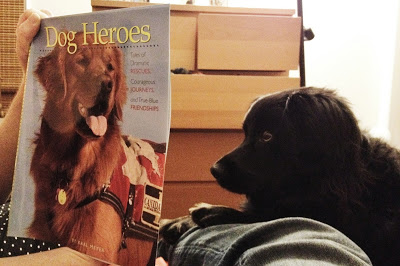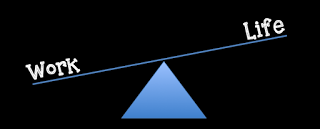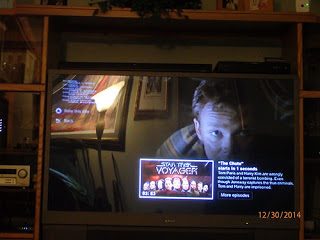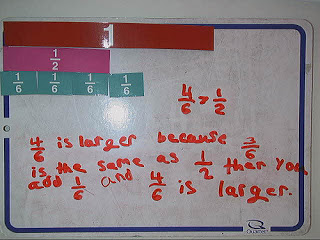I recently read an article called “The downside of no downtime for kids” (that is their stylistic capitalization – not mine). It suggests, unsurprisingly, that over-scheduling denies children the opportunity to wonder, ask questions, and come to grow and develop their character. It got me thinking quality downtime is critical for everyone – young and old.
I am endlessly interested in exploring work-life balance. It’s kind of my elusive white whale. I just can’t seem to figure it out, but I’m obsessed it!
Ideally, each day would include time to work (job, creative endeavors, errands, etc.), time to exercise, time with friends & family, some downtime, and 8 hours of gorgeous sleep.
The reality: I burn myself out with work during the week to the near-exclusion of all else and attempt to recover on the weekends with downtime and friends/family time. On a particularly exhausting week, downtime usually translates to sleeping in and binge-watching Netflix & Hulu, and I might not have much energy for socializing. I do not consider this quality downtime, but rather medical downtime. My physical body has time to relax, but I am not pondering any of life’s great questions or challenging myself in any way to grow as I watch an entire season of Orange is the New Black.
If I enjoyed a standard week, quality downtime can be had. I might hike, have friends over, or even read. I guess that’s a sort of balance. But if work = 5 days and life = 2 days, it’s not really what I’m going for. And if I’m being honest, I allow work to encroach on the weekends, too.
It’s difficult to achieve the balance partially because I do enjoy most of the work I’m doing. Creating good work is tremendously satisfying. In and of itself, this is not a bad thing, but it can go too far.
A few years ago, some colleagues and I had a two-day lesson study professional development. Day 1 entailed preparing a “perfect” lesson on comparing fractions. Day 2 of this lesson study involved us actually teaching the lesson to several classes with reflection and modification in between each class, arriving at the end of the day with something closer to a perfect lesson.
On my way to Day 2, fraction manipulatives in tow, traffic was moving swiftly. As I came around a bend in the freeway, I lost control of my tiny Geo Prism and I was flying across four lanes, perpendicular to oncoming traffic. In what I thought were the last moments of my life, my final thought would have been, “Damn, they won’t have the fraction tiles.”
When my car came to a stop – perfectly centered in the left-hand carpool lane facing the opposite direction- I was beyond fortunate to find oncoming traffic completely stopped with the drivers waiting, their eyes locked on mine. After a brief, stunned pause, I made a u-turn and drove to school, my leg shaking violently the whole way there.
I think about that day a lot. However much pride I take in my work, I don’t want to be thinking about it on my death bed – or death car, as the case may be. The search for life-work balance continues to elude me. I keep failing, but I also keep trying. That day in the car serves as an important reminder and metaphor for me: When I find myself facing the wrong way, I’m grateful I’m there to recognize it. I have to take advantage of these second chances and make the u-turn.
On that note, I think it’s time for some quality downtime with my special lady.
 |
| Dog treats may have been required to capture this moment. |
Next time: Inspiring Writing Prompts
Credits:
photo credit: <a href=”http://www.flickr.com/photos/10787737@N02/17332458531″>December 30, 2014</a> via <a href=”http://photopin.com”>photopin</a> <a href=”https://creativecommons.org/licenses/by/2.0/”>(license)</a>
photo credit: <a href=”http://www.flickr.com/photos/51458526@N00/5456523073″>Cecilia Compare</a> via <a href=”http://photopin.com”>photopin</a> <a href=”https://creativecommons.org/licenses/by-sa/2.0/”>(license)</a>





